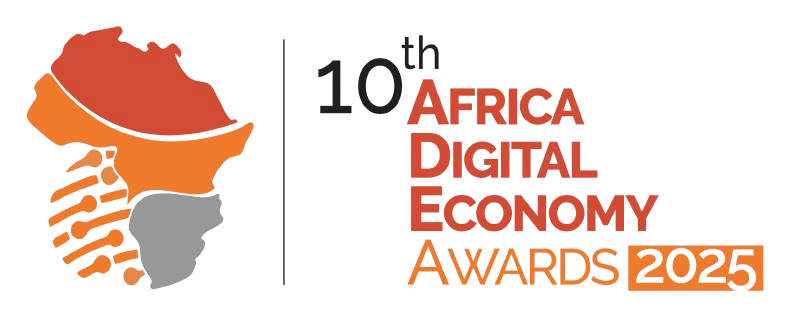1. Rethinking Humanity’s Relationship with Time and Uncertainty
Our perception of time has long shaped human consciousness, influencing how we comprehend mortality and the unknown. Historically, societies have often viewed time as a linear journey towards an inevitable end—death—prompting both fear and a quest for meaning. For example, ancient Egyptian culture centered on preparing for the afterlife, reflecting a desire to transcend mortality. Conversely, modern Western narratives tend to emphasize control over time through technological and scientific progress, fostering an obsession with extending life and even achieving immortality. This dichotomy reveals that our understanding of time is deeply intertwined with cultural and psychological constructs, which in turn influence attitudes toward uncertainty.
Cultural narratives serve as collective frameworks that shape our collective attitudes toward the future. In Western societies, the myth of eternal youth and technological transcendence often promote the idea that mortality can be conquered. Meanwhile, in other cultures, acceptance of natural life cycles fosters a different outlook—one that values the transient and finite nature of human existence. Recognizing these narratives allows us to see that our fears and hopes about the future are not solely individual but are embedded within shared cultural stories. Embracing these stories can open pathways to acceptance, helping societies transition from a fixation on immortality to appreciating the richness of human finitude.
Psychologically, embracing our temporal limits can lead to greater resilience. Research from existential psychology shows that acknowledging mortality can motivate meaningful living rather than despair. Viktor Frankl’s logotherapy emphasizes that understanding our finite time encourages us to find purpose in the present, rather than obsessing over indefinite survival. Conversely, denial of limits often results in anxiety and disillusionment when faced with inevitable mortality. Therefore, shifting our mindset from transcending time to engaging authentically with it can foster psychological well-being and a more profound appreciation of life’s transient beauty.
2. Beyond the Myth: Scientific and Philosophical Perspectives on Humanity’s Future
a. Scientific Theories Challenging Traditional Notions of Mortality
Emerging scientific theories increasingly question the inevitability of death. For instance, the field of regenerative medicine, including advances in stem cell research and cloning, aims to repair or replace aging tissues, potentially extending human lifespan significantly. Technologies like CRISPR gene editing also open possibilities for eradicating genetic diseases and aging-related decline. Moreover, the concept of mind uploading, where consciousness is transferred to digital substrates, is under active exploration, promising a form of digital immortality—though its ethical and philosophical implications remain debated.
b. Philosophical Debates on Human Existence and Uncertainty
Philosophers such as Søren Kierkegaard and Albert Camus have long examined human existence within the context of uncertainty. Camus, for example, argued that acknowledging life’s absurdity—its inherent uncertainty and lack of ultimate meaning—can lead to a more authentic life. Contemporary existential philosophers emphasize that embracing uncertainty is essential for genuine self-awareness and moral development. These debates highlight that human existence is fundamentally marked by ambiguity, and that resisting this truth may hinder genuine growth.
c. The Role of Consciousness and Identity in Human Evolution
The evolution of consciousness plays a pivotal role in shaping future trajectories. Some theorists posit that expanding our understanding of self-awareness and collective consciousness could lead to new forms of human evolution—possibly integrating AI or developing collective intelligences. This perspective suggests that identity is not static but adaptable, capable of transcending biological limitations through technological augmentation or new modes of existence, thus reframing the future beyond traditional mortality.
3. Embracing Uncertainty as a Catalyst for Innovation and Growth
a. How Uncertainty Stimulates Technological and Societal Innovation
History demonstrates that uncertainty often fuels innovation. The space race, motivated by geopolitical unpredictability, led to breakthroughs in materials science, telecommunications, and computing. More recently, the COVID-19 pandemic accelerated developments in remote work, digital health, and vaccine technology. These examples underscore that embracing uncertainty can catalyze adaptive solutions, fostering resilience and progress even in unpredictable environments.
b. The Role of Adaptive Mindsets in Navigating the Future
Research from psychology highlights that adaptive mindsets—characterized by openness, flexibility, and resilience—are crucial for thriving amid uncertainty. Cultivating such mindsets enables individuals and societies to reframe challenges as opportunities, fostering continuous learning and innovation. For example, Silicon Valley’s entrepreneurial culture exemplifies embracing risk and failure as integral to breakthrough innovations.
c. Case Studies of Societies and Individuals Thriving through Uncertainty
The Scandinavian countries, often ranked high in resilience and social trust, exemplify thriving societies that adapt proactively to environmental and economic uncertainties. On an individual level, entrepreneurs like Elon Musk exemplify a willingness to venture into uncertain technological frontiers—spurring innovations in electric vehicles, space exploration, and sustainable energy. These cases illustrate that thriving amid uncertainty involves a mindset shift from control to adaptation and continuous evolution.
4. Ethical Dimensions of Future Human Evolution and Uncertainty
a. Moral Considerations of Embracing or Resisting Uncertainty
As we explore possibilities like human enhancement and digital consciousness, ethical questions arise. Should we pursue radical lifespan extension, potentially exacerbating social inequalities? Does risking unforeseen consequences in genetic engineering align with moral responsibility? Philosophers emphasize the importance of precaution and justice, advocating for approaches that prioritize equity and human dignity.
b. Impact of Technological Advances on Authenticity, Identity, and Mortality
Technologies such as brain-computer interfaces challenge traditional notions of self and authenticity. If consciousness can be uploaded or augmented, what does it mean to be human? These developments force us to reconsider identity beyond biological boundaries, raising questions about continuity, authenticity, and the essence of mortality—whether technological or biological.
c. Balancing Hope for Transcendence with Acceptance of Human Limits
A nuanced ethical stance recognizes the value of both striving for progress and accepting natural limits. It involves fostering hope for beneficial innovations while acknowledging that some aspects of human finiteness—such as mortality—may be integral to our existence and identity. This balance is crucial to developing sustainable and morally responsible futures.
5. Reimagining Humanity’s Purpose in an Uncertain Future
a. Redefining Goals and Values in Light of Uncertainty
In a world where certainty is elusive, humanity can shift from the pursuit of permanence toward fostering qualities like adaptability, compassion, and creativity. This redefinition encourages valuing processes—such as learning, community building, and moral growth—over static achievements. The focus becomes creating meaning within the transient nature of existence, echoing existentialist ideas that authenticity emerges through embracing life’s inherent uncertainty.
b. Importance of Resilience, Community, and Meaning
Resilience becomes a core human trait—allowing individuals and societies to recover from setbacks and adapt to change. Community provides shared purpose and support, especially vital when life is understood as finite. Cultivating collective resilience and meaning ensures that even without guaranteed immortality, humans can lead fulfilling lives rooted in relationships and shared values.
c. Valuing Process Over Permanence
Prioritizing the journey—personal growth, cultural evolution, and societal progress—over the illusion of permanence fosters a forward-looking mindset. This approach aligns with philosophies that see life as a dynamic process, where the beauty lies in transience and continual becoming. Such an outlook encourages innovation, adaptation, and a deep appreciation for the fleeting moments that define human experience.
6. Connecting Back: From Embracing Uncertainty to Rethinking the Myth of Immortality
a. How Acceptance of Uncertainty Reshapes Our View of Immortality
Accepting uncertainty shifts the narrative from conquering death to appreciating life’s transient nature. Instead of seeking eternal life as an ultimate goal, humans can find fulfillment in the richness of finite existence. This perspective aligns with the idea that impermanence fosters depth, urgency, and authenticity—elements often missing in pursuits of immortality.
b. New Narratives Celebrating Human Finitude
Emerging cultural stories emphasize the beauty of human mortality—highlighting stories of resilience, love, and meaningful contribution within limited lifespans. Literature, art, and philosophy increasingly explore themes of embracing finitude, inspiring individuals to find purpose in the transient rather than the eternal.
c. Final Reflections on Human Self-Understanding and Adaptation
The journey from mythic pursuits of immortality to embracing uncertainty reflects a profound evolution in human self-understanding. Recognizing our natural limits can serve as a foundation for innovation, moral development, and deeper appreciation of life’s fleeting beauty. As we continue to adapt, our collective narrative can shift toward a future where uncertainty is not feared but valorized as a source of creativity and authentic human experience.
For a deeper exploration of these themes, see The Myth of Immortality and Modern Uncertainty.

